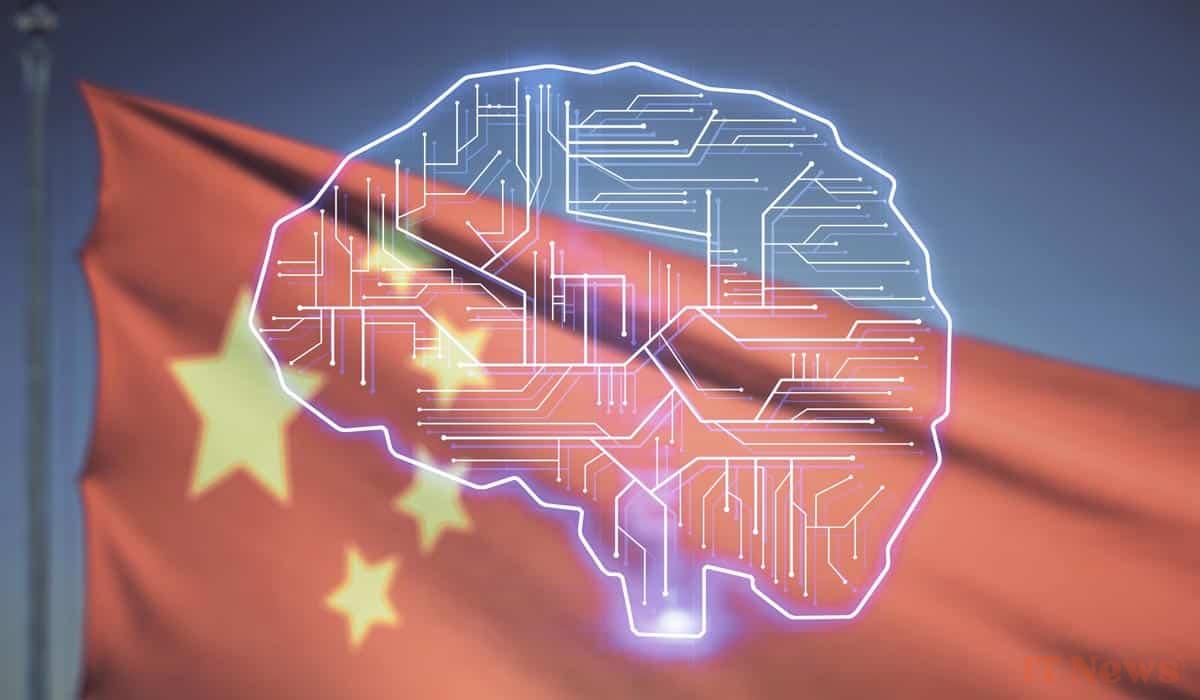In the technological war being waged between the major powers, China has just sent a strong signal with the launch of Manus AI, an autonomous agent capable of performing complex tasks without human intervention.
An unprecedented level of autonomy
Unlike traditional AI, which is often limited by the need for human supervision, Manus AI stands out for its ability to manage projects from start to finish. During its official presentation, it demonstrated impressive versatility: complete financial analysis with SWOT assessment, investment recommendations based on market trends, and even autonomous creation and deployment of a website.
Where other tools still require human validation or correction, Manus AI anticipates, corrects, and optimizes in real time. Its intelligence goes beyond simple coding: it identifies and resolves technical problems to ensure optimal operation.
A performance that worries as much as it impresses
A Chinese company unknown to the general public is launching Manus AI, presented as the world's first general and autonomous AI agent, capable of generating dozens of complex tasks (creating a website or an interactive course, financial analysis).https://t.co/RkxRE1UZe4 https://t.co/lPEu1vyH4U pic.twitter.com/JQkLbaE4ls
— Le Génie Humain (@legeniehumain) March 8, 2025
During initial tests, Manus AI reportedly outperformed some OpenAI solutions in the GAIA benchmark, a key performance indicator for AI models. But this success does not come without challenges: testers have noted factual errors and inaccuracies in source citations, proving that the path to infallible AI remains fraught with pitfalls.
Nevertheless, the tool is appealing for its disruptive potential. It is capable of selecting CVs based on advanced criteria, optimizing investment portfolios, and even recommending housing by analyzing thousands of parameters. This rise in power raises a fundamental question: which jobs will remain safe from such advanced automation?
An economic and geopolitical upheaval in sight
The arrival of Manus AI is already fueling a heated debate on the impact of these technologies on employment. For businesses, the opportunity is enticing: cost reduction, process optimization, and productivity gains. But at what cost to workers?
Internationally, the rise of Manus illustrates a paradigm shift. Long seen as the undisputed leader in AI, the United States now sees China not as a challenger, but as a serious competitor capable of surpassing them. This advancement could redraw the global technological and strategic balance.
A public release still uncertain
For now, Manus AI is only accessible to a limited circle of beta testers. Its creators are refining the model, fixing the first bugs, and fine-tuning its capabilities before a wider deployment. A classic approach in the field of innovation, where success depends as much on the technology as on its ability to adapt to market expectations.
It remains to be seen whether Manus will succeed in transforming the trial and establishing itself as a benchmark. One thing is certain: its launch marks a turning point for autonomous AI, and its repercussions will be felt well beyond China.



0 Comments